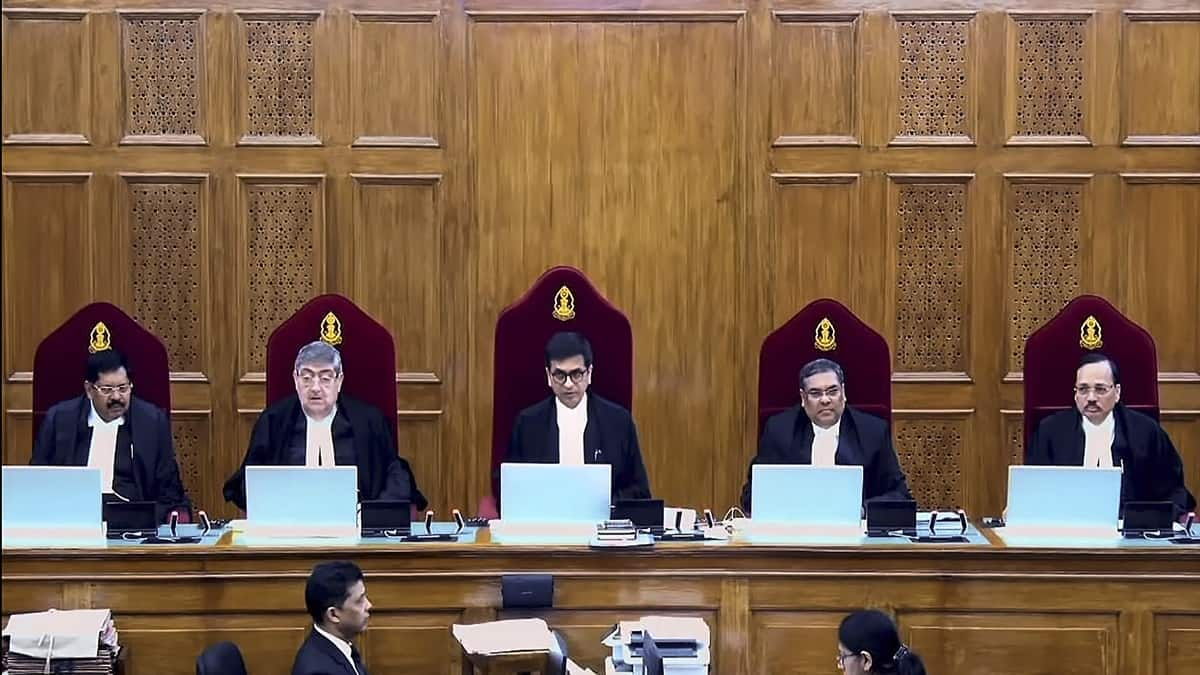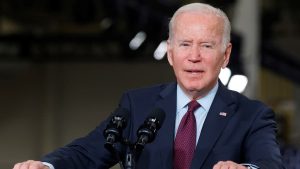Article 370 verdict: Supreme Court validates abrogation, orders Jammu and Kashmir elections by September 2024 – 9 BIG takeaways
The Supreme Court on Monday pronounced its landmark verdict on the petitions challenging the abrogation of Article 370, affirming the revocation of the special status previously held by Jammu and Kashmir under Article 370 of the Indian Constitution. The judgment upheld the validity of the Union government’s 2019 decision to repeal the special status.
During the hearing, the court clarified that the state of Jammu and Kashmir lacked internal sovereignty, highlighting that the state government’s consent was unnecessary for the application of the Indian Constitution to the region. Notably, the court underscored the temporary nature of Article 370. The court ordered the reinstatement of Jammu and Kashmir’s statehood. Additionally, it directed the Election Commission of India to initiate measures for the Jammu and Kashmir legislative assembly elections by September 30, 2024.
The verdict was delivered by a five-judge Constitution bench presided over by Chief Justice of India DY Chandrachud and comprising Justices SK Kaul, Sanjeev Khanna, BR Gavai, and Surya Kant. There were three judgments in the matter: one by CJI Chandrachud for himself and Justices Gavai and Surya Kant; the second was a concurring opinion authored by Justice SK Kaul. Justice Sanjiv Khanna concurred with both judgments.
Here are 9 key takeaways from the SC verdict:
Also Read:Supreme Court sets up Constitution bench to hear pleas against abrogation of Article 3701. Validity of Presidential rule action: The court clarified that it did not need to rule on the validity of the presidential proclamations announcing the President’s Rule as the petitioners did not challenge it. Moreover, as the President’s Rule was withdrawn in October 2019, no actionable relief could be granted.2. Limitations During President’s Rule: The court underscored limitations on both Union and States’ powers under the proclamation of Presidential rule. It highlighted that the extent of the Union’s power relied on circumstances and must align with the proclamation’s objective. Rejecting the argument that every Union decision during this time could be challenged, the court stated it could halt governance.3. Absence of sovereignty in Jammu and Kashmir: The court determined that Jammu and Kashmir did not retain sovereignty upon joining the Union of India. It highlighted that the Constitution of India took precedence over the Maharaja’s proclamation, indicating the absence of any reference to sovereignty in the J&K Constitution. The court reiterated that Articles 1 and 370 of the Indian Constitution substantiated J&K’s integration with India, classifying it as an example of asymmetric federalism.4. Temporary nature of Article 370: The Chief Justice highlighted Article 370 as a transitory provision, clarifying that its revocation didn’t hinge on the J&K Constituent Assembly’s recommendations. The court argued that freezing the process post-assembly’s dissolution would impede integration.5. No requirement for State Government’s concurrence: The court held that the President’s decision on special circumstances under Article 370 couldn’t be challenged. It validated the application of the entire Indian Constitution to J&K through Article 370(1)(d) in one go, bypassing the need for the State government’s concurrence.6. Invalidity of CO 272 Modifying Article 370: The court ruled CO 272, attempting to modify Article 370 through Article 367, as ultra vires. It found the changes substantive and declared that Article 370 couldn’t be amended through such interpretative clauses, stressing the necessity of following the specific constitutional amendment process.7. Non-adjudication of J&K Reorganisation Act 2019 validity: The court refrained from determining the J&K reorganization into Union Territories’ validity, noting the Solicitor General’s submission regarding the temporary status of the UT for J&K. It upheld the reorganization of Ladakh into a UT.8. Elections in Jammu and Kashmir: The court directed the Election Commission of India to take steps for conducting elections to the J&K assembly by September 30, 2024. It emphasised the urgency of restoring the democratic process and legislative representation in Jammu and Kashmir, setting a clear mandate for the electoral process within a stipulated timeline.9. Proposal for truth and reconciliation committee: Justice SK Kaul recommended establishing a “truth and reconciliation” committee to investigate human rights violations since the 1980s. He urged a time-bound commission set up to address the grievances of a generation affected by distrust.



